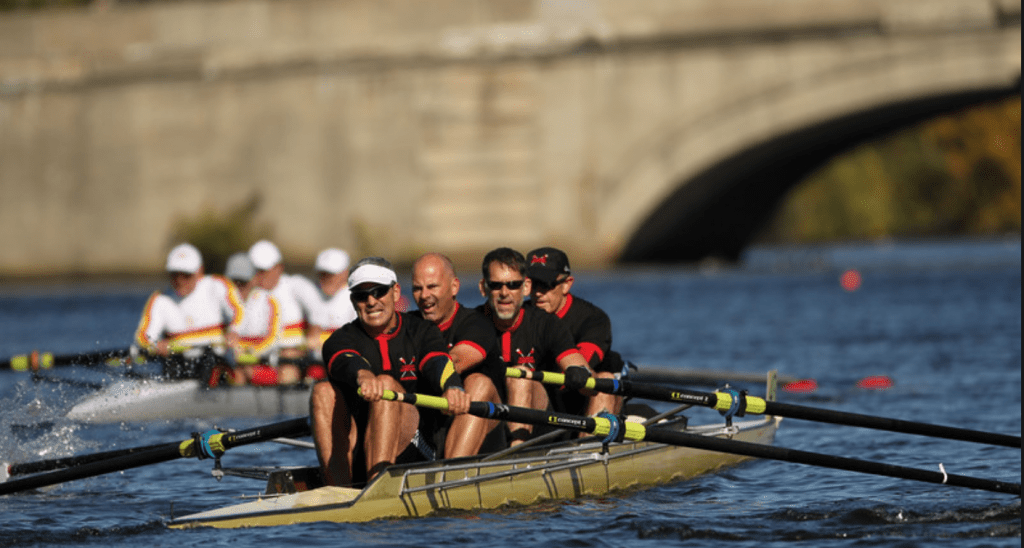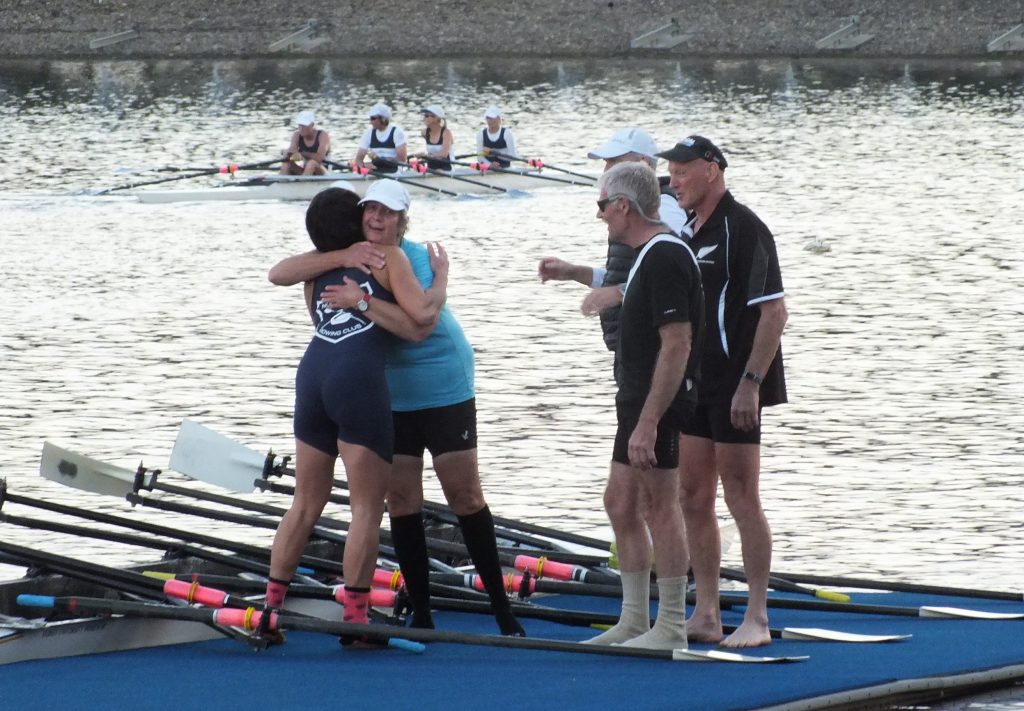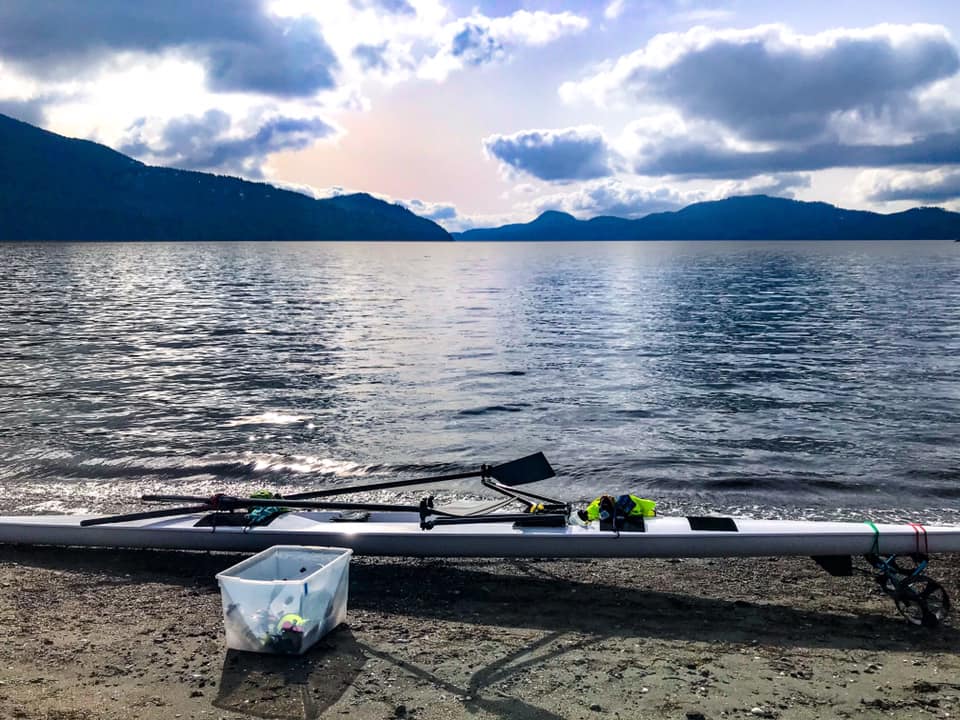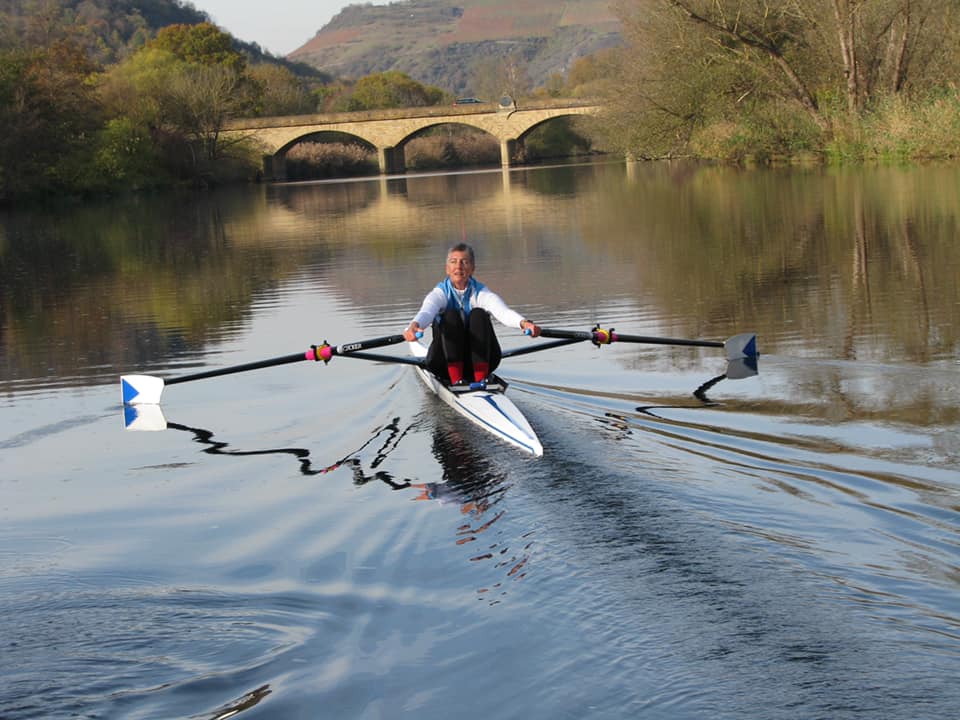How to become coachable
Coachability is a key skill for masters. Because you can change your technique after getting instruction.
A coach wrote to me this week asking for advice. This is what they said.
The most frustrating aspect I find is the athletes who you spend time coaching that change during the outing but then revert the moment your back is turned. I’ve tried diagrams, analogies, drills, even crying!
I’m sure you aren’t THAT athlete. Look from the coach’s perspective. What is it that prevents us from making progress when we are getting coached?
- Is it mentality – do we not want to change?
- Do we disagree with the coach’s technique model?
- Do we forget what they said?
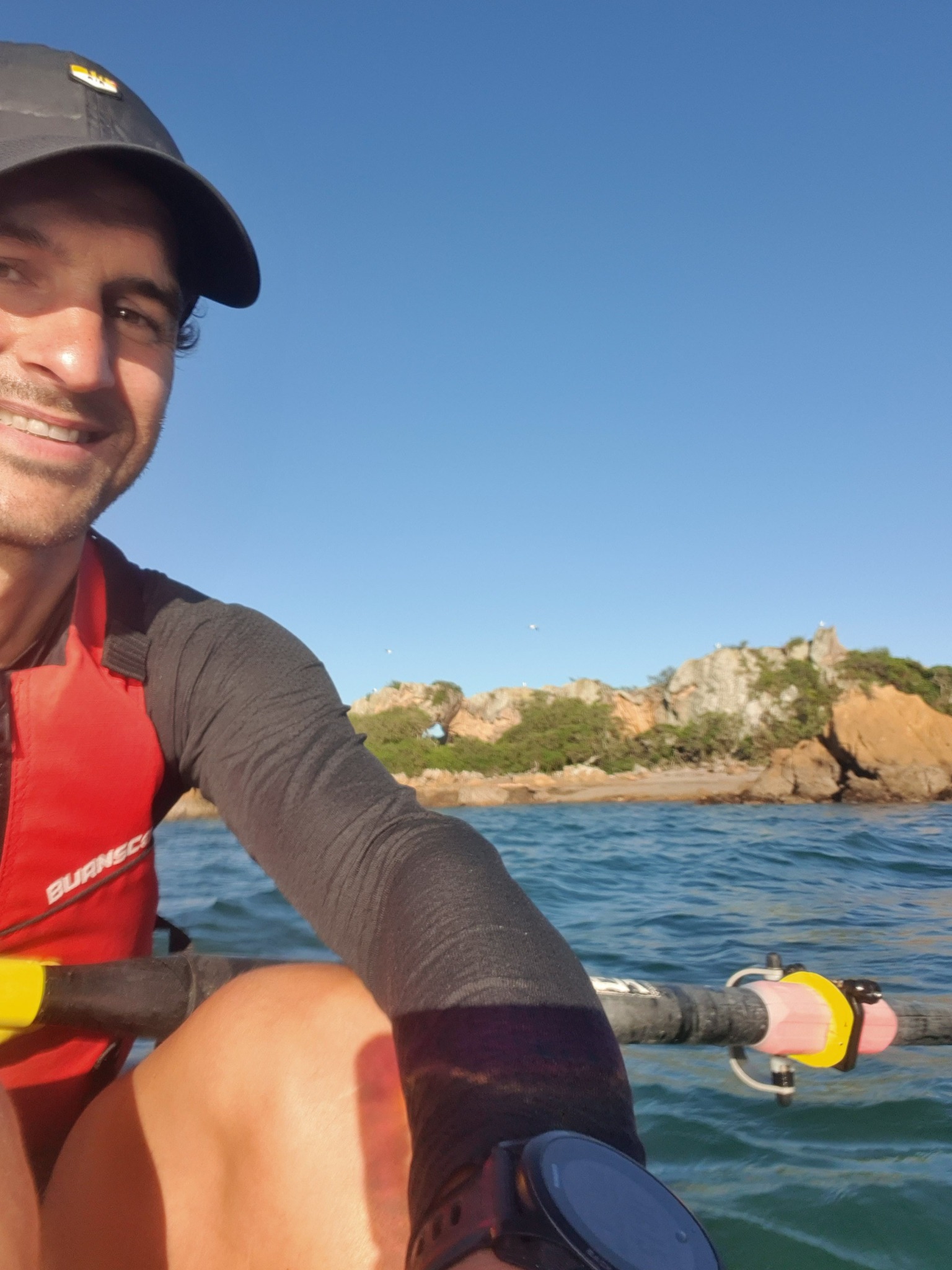
Caryn Davies
Oooh, love this one. Tom Terhaar once said I was the most coachable athlete he’s ever worked with. I don’t take credit for this: mostly, it’s innate proprioception that I was born with. But, if I had to name what I consciously do, it would be:
- Don’t think about the change; feel the change. Specifically, feel how it changes your body’s relationship to the boat, your blade, and the water.
- Overdo it. You can always dial it back once you’ve got it.
- Understand that there are as many ways to go fast as there are athletes. When it comes to technique, it’s not about right or wrong; it’s about what works for you. And you won’t know if it works for you until you try it!
Mark Chu – Perth Australia
It’s a bit more difficult to understand in an adult, but I suppose it still boils down to the reasons why someone is rowing: I’m not saying that receptiveness to coaching is solely or universally an issue among L2R masters, but
I wonder if understanding what different people want to get out of the sport might give coaches an insight into what will make them more receptive to technical guidance.


